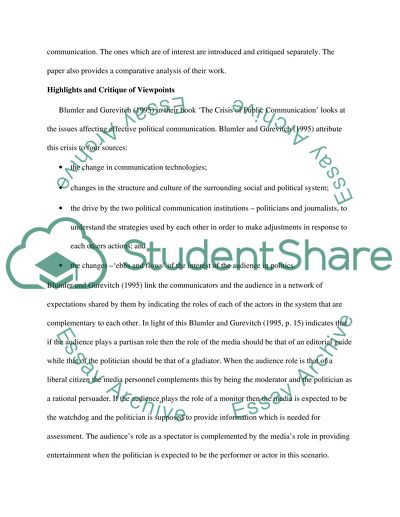Cite this document
(“Effective Political Communication Research Paper”, n.d.)
Effective Political Communication Research Paper. Retrieved from https://studentshare.org/journalism-communication/1441333-the-importance-of-effective-political
Effective Political Communication Research Paper. Retrieved from https://studentshare.org/journalism-communication/1441333-the-importance-of-effective-political
(Effective Political Communication Research Paper)
Effective Political Communication Research Paper. https://studentshare.org/journalism-communication/1441333-the-importance-of-effective-political.
Effective Political Communication Research Paper. https://studentshare.org/journalism-communication/1441333-the-importance-of-effective-political.
“Effective Political Communication Research Paper”, n.d. https://studentshare.org/journalism-communication/1441333-the-importance-of-effective-political.


